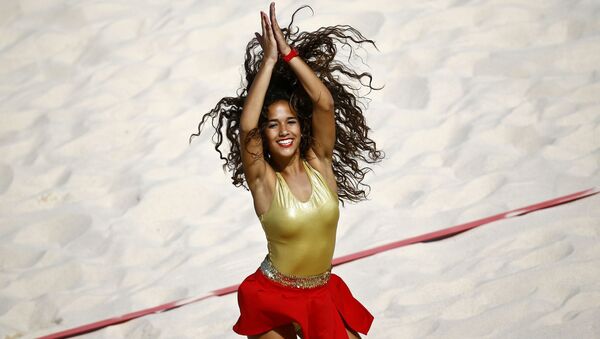Study findings have revealed that older people who engage in physical exercise — especially dance — can reverse mental decline due to the aging process. The study found that dancing, in particular, has the most profound effect on slowing aging in human mental acuity.
"Exercise has the beneficial effect of slowing down or even counteracting age-related decline in mental and physical capacity," according to Dr. Kathrin Rehfeld, lead author of the study.
"In this study, we show that two different types of physical exercise (dancing and endurance training) both increase the area of the brain that declines with age. In comparison, it was only dancing that led to noticeable behavioral changes in terms of improved balance," she added.
The study used volunteers — with an average age of 68 — who committed to either an 18-month weekly course of dance classes, or endurance and flexibility training.
Both groups — those who danced and those who participated in endurance training — showed increased activity in the hippocampal region, an important area of the brain dealing with memory, learning and balance, and one that can be negatively impacted by degenerative diseases like Alzheimer's.
The traditional endurance and flexibility training group was asked to do repetitive activities like cycling, while the dance group was given new routines to learn every week.
"We tried to provide our seniors in the dance group with constantly changing dance routines of different genres (Jazz, Square, Latin-American and Line Dance)," Rehfeld said, cited by Phys.org.
"Steps, arm-patterns, formations, speed and rhythms were changed every second week to keep them in a constant learning process," she stated, adding, "The most challenging aspect for them was to recall the routines under the pressure of time and without any cues from the instructor." according to Medicalxpress.com.
Rehfeld is now working on fitness programs that can reduce aging effects on the brain.
"Right now, we are evaluating a new system called ‘Jymmin' (jamming and gymnastic). This is a sensor-based system which generates sounds (melodies, rhythm) based on physical activity," she said.
"We know that dementia patients react strongly when listening to music. We want to combine the promising aspects of physical activity and active music making in a feasibility study with dementia patients," Rehfeld added.
It may to time to get up and dance. You might be doing your brain a favor.
"I believe that everybody would like to live an independent and healthy life, for as long as possible. Physical activity is one of the lifestyle factors that can contribute to this, counteracting several risk factors and slowing down age-related decline," Rehfield said.
"I think dancing is a powerful tool to set new challenges for body and mind, especially in older age," she added, according to Phys.org.



